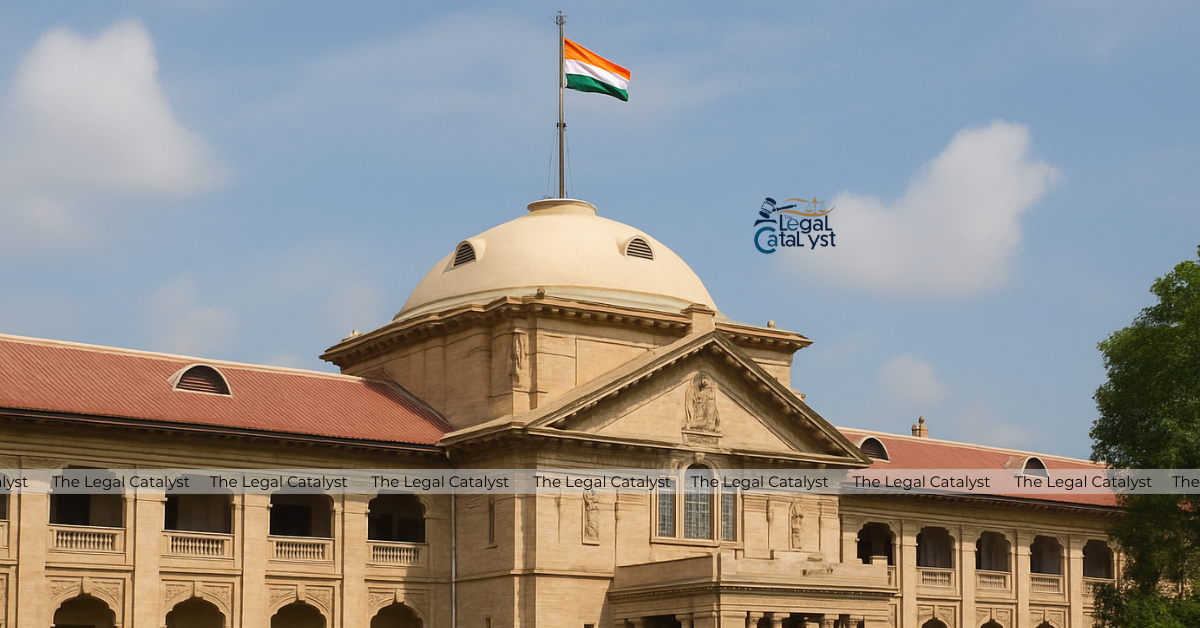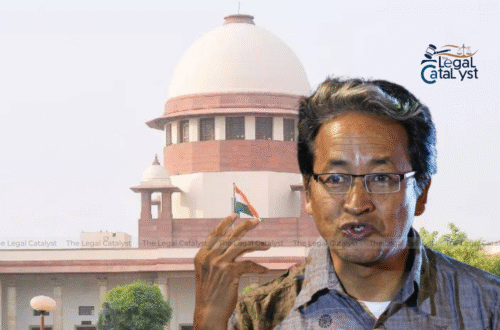In a landmark move, the Kerala High Court has become the first in India to issue formal guidelines. These guidelines govern the use of Artificial Intelligence (AI) tools by district judiciary members and their supporting staff.
The new policy is aimed at ensuring ethical, secure, and responsible AI adoption in the judicial system. It strictly prohibits judges from using AI tools. This includes platforms like ChatGPT and Deepseek. Judges cannot use these tools for rendering any legal findings, reliefs, orders, or judgments.
Only AI tools approved by the Kerala High Court or the Supreme Court of India are allowed. They will be permitted for limited use. Their primary application will be in administrative tasks like case scheduling. They will also be used in court management. Even then, human oversight is mandatory.
The policy mandates several guidelines to protect privacy and confidentiality. It ensures the integrity of judicial proceedings. All AI tool usage must align with principles of transparency. It also requires accountability, fairness, and data protection.
A detailed log must be maintained for each instance of AI usage. It should include which tools were used. The log must also note how outputs were verified. The policy also extends to interns and law clerks, who are now required to follow the same strict guidelines.
The policy obligates judges and court staff to attend training sessions. These sessions cover the legal, ethical, and technical implications of AI. In case of any errors generated by an approved tool, immediate reporting to the IT department is mandatory.
The High Court emphasized an important point. AI must never be used as a substitute for judicial reasoning. The final responsibility for all legal decisions rests entirely with human judges.
This proactive step marks a significant moment in India’s justice system. It balances the promise of technological innovation with the sanctity and caution required in judicial decision-making.
Connect with us on Instagram – X – LinkedIn for daily updates, quizzes, and other materials.
Also Read
Doctrine of Basic Structure – The Foundation of Indian Constitutional Law





